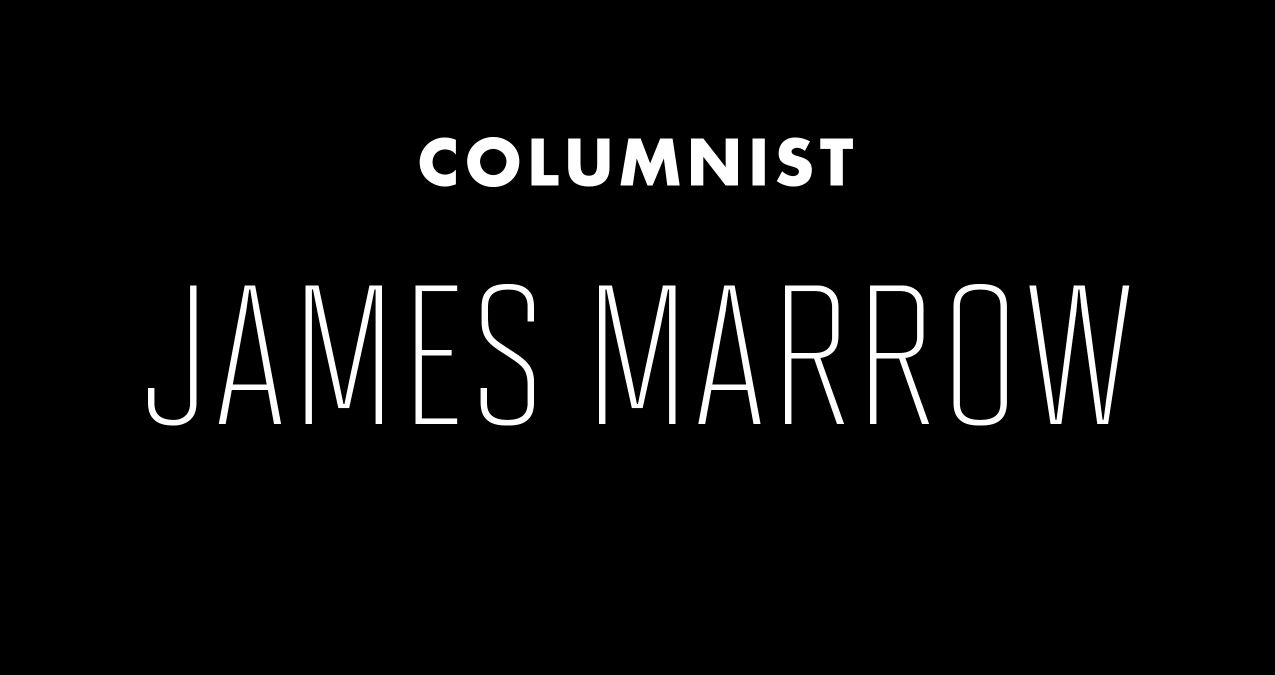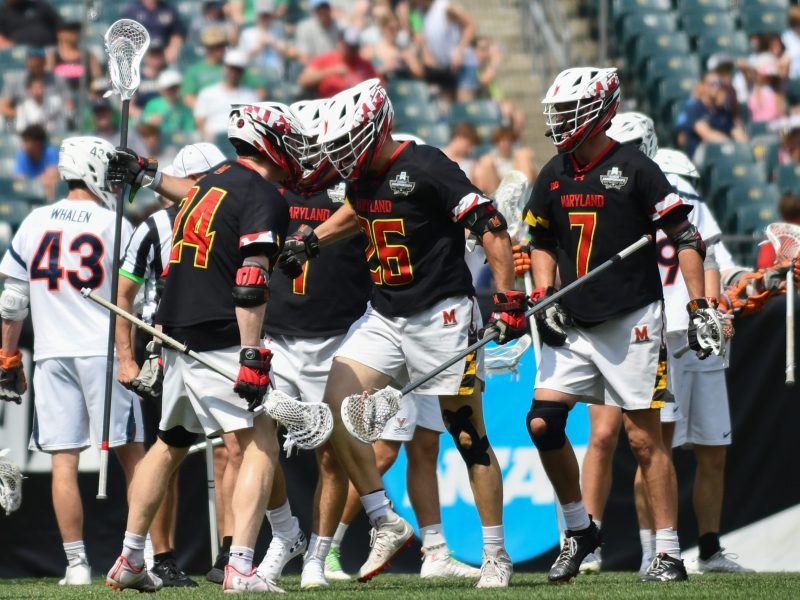
James Marrow
The key to getting a good football product is having a supportive and vocal fan base.
Take New York City as an example. Its fan base requires that its product is at the highest level of ability and that its team is always a championship contender. Those requirements have yielded results — the city (including the nearby New Jersey metro area) has 55 total championships (27 from the Yankees). Since 2000, the Giants and Yankees have won a combined four championships for the Big Apple.
According to the New York Post, since 2000, Boston has claimed a whopping nine championships, with Los Angeles (seven), San Antonio (four) and Miami (four) also coming up big.
When I say these fan bases require their teams to be No. 1 contenders, I mean they are not afraid to express their satisfaction — or displeasure — with their product. If Rick Nash of the New York Rangers has just scored a hat-trick goal to win a Game Seven playoff series showdown with the Washington Capitals, the city is going crazy and partying outside Madison Square Garden. If the New York Rangers go on a five-game losing streak and miss the playoffs, the city is going crazy again, but this time in a bad way. Fans will boo, fuss and curse everyone’s name. The next step would be to call for someone to be fired or for a player to be removed. The same could happen even if the team makes the playoffs. In New York, the playoffs are a standard. Former Rangers coach John Tortorrella had just led his squad to a second round in the playoffs when he was traded to the Vancouver Canucks in 2013 because the team, management, fans and media grew tired of him. The New York media are known for assisting in running players and coaches out of town. Most importantly, the fans still show up to games, which gives them leeway to argue for changes that they would like to see. They are loyal, and therefore fans have the power to control the product they pay for.
Fans here at the University of Maryland can dictate their product as well — particularly with football. This starts with attendance. Why would there ever be motivation to supply us with a good football product if the fans do not come out to support consistently?
Never mind the noon start times or the teams we play during a season. If there were enough support, fans would get up to go watch their team play — especially when the tickets are free for students. The stadium, in turn, would be packed consistently, and students would be less likely to say they wish their football were like the Ohio States and Florida States of the world. The strength of schedule and prime-time games come with a more talented product. Leaving the game after the first quarter does not show so much a sense of disgust in the product as it does a lackadaisical attitude. Leaving a Maryland-versus-Michigan game when there is only a six-point deficit at halftime looks like fans just do not care about Maryland football. There is no pressure to put out a solid product, yet people still complain about the performance of the team when they leave the games early.
In order to get the desired product on the field, attendance is key. Show up to the games in order to show that Terps fans are investing their time and money on a product, and expect the team to be successful. Show up to the games in order to express satisfaction or dissatisfaction.
When the game is going on, all fans should be making as much positive noise as they possibly can so our guys feel the support they need to be motivated. It adds energy and intensity. At the same time, fans should not be hesitant to make their displeasure known when their expectations are not met. Pressure the players, coaches and managers into making changes that keep their fans satisfied and in the stadium.
At the soccer games, the fans are ecstatic and loud, and the players feed off the energy. Basketball fans at this university are driven by a winning mentality and do not accept anything less than a winning season. The drive of both fan bases forces these teams to get talent that can secure wins for this university. Athletes want to play for a school that supports them. What they see in the stands matters. They want to go to the school that has a full house with loud fans on game day, not a half-empty stadium by the end of the game. Let’s bring the Ludwig Field and Xfinity Center energy that garners so much praise into Byrd Stadium.
Fans: You have the power to dictate what kind of product you spend your money on.



